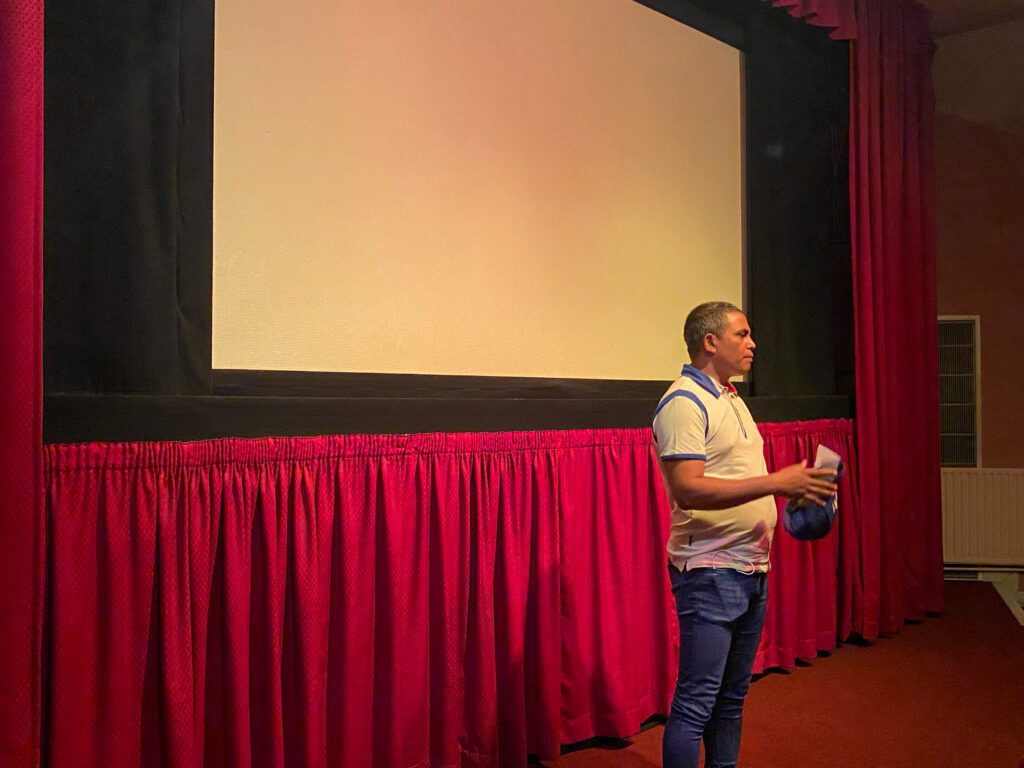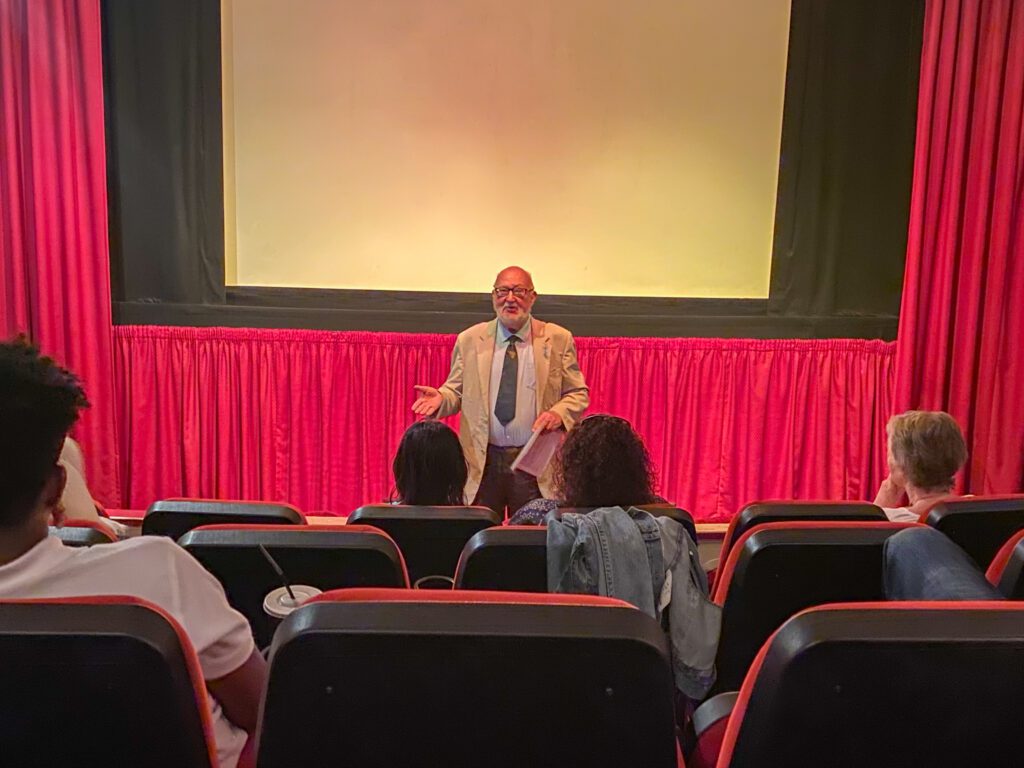Looking back on the Refugee Film Festival
As part of Refugee Week this year, Keighley College hosted a Refugee Film Festival at Keighley’s Picture House. The aim was to help enhance the recognition and representation of refugees and asylum seekers across the region.
The event showcased films of powerful stories about refugees and asylum seekers, as well as hosting guest speakers and filmmakers who shared their experiences and vision behind the stories.
Among the guest speakers was Hadayat Ali, the father of Rabea, and himself a Rohingyan refugee, who spoke about his family’s journey to the UK. Joining him was film producer, Tom Harmer, from Faith + Bones, storytelling for humanity, who produced the film Rabea.

Graham Mitchell from Keighley Place of Sanctuary was also a guest speaker at the event.
The evening provided a safe space and platform for conversations amongst guests to talk about the challenges refugees and asylum seekers face every day.
The event welcomed charity partners that work with local communities to support refugees and asylum seekers. This included Keighley Place of Sanctuary, a network made up of separate organisations cooperating with each other to support the needs of asylum seekers and refugees.
Group Project Coordinator, Mariam Kauser, whose Innovation and Development team led the film festival project, was delighted with the success of the evening.
“Our first Group-wide Refugee Film Festival went quite well. The events were open to our students, staff, the public and partners.
“We were honoured to provide a platform for both narrative and documentary films to illuminate the refugee and asylum seeker experience internationally.
“The films were sourced from international and local filmmakers; consisting of individuals and charitable organisations who work in this sector around issues of supporting and widening representation of marginalised persons and communities.
“Hearing a student in the audience at Keighley College saying that the start of the film ‘A Life on Hold’ reminded him of the atmosphere of the camp he was at in Tunisia was particularly powerful.
“Comments from students and feedback from the audience that they appreciated the thought and collection of documentaries and films representing their communities, was also very humbling.
“As a team, we valued the ability to connect with local filmmakers, community groups and people who advocate for the rights and representation of refugees and asylum seekers.
“We hope to do more festivals at Luminate like this in the near future to project the voices and lives of our learners and staff, and to increase representation and awareness of the diverse and resilient souls who make up our culture.”

